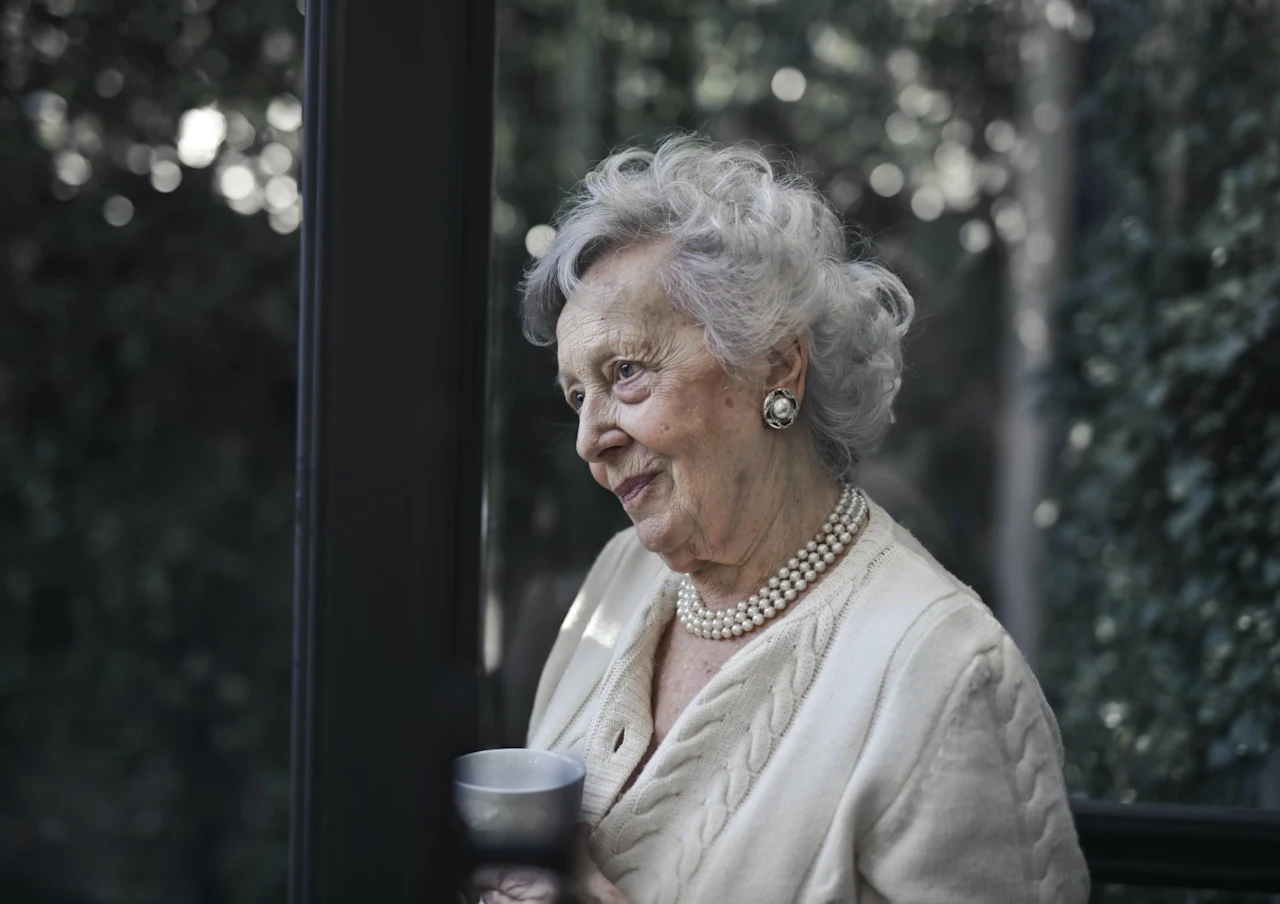
A Guide to Making Final Arrangements With Your Will
Setting up your will or trust is a crucial action to take. It may also benefit you to think about making final arrangements at this time - here’s why.

By Staff Writer
Trust & Will
So, you’ve decided to create your Estate Plan. Whether that means a Will or a Trust (or better yet, both), you should know that you’re making the best decision for your peace of mind, your friends, your family, and most importantly, your legacy. You should be proud, because what you’re about to undertake now will ultimately make things exponentially easier on those you one day leave behind.
You probably know all the basic things to include in your Estate Plan, but what should you include in your final arrangements plan? Have you thought about how you would like your loved ones to honor you after you pass? This is a huge part of any Estate Plan, and believe it or not, it may be the most appreciated thing you do for your loved ones. What do you need to think about? What should you include? What is the most important aspect of a final wishes plan? We’re covering all of that and more today
What Are Final Arrangements?
Final arrangements are exactly what you might be thinking…the arrangements you make for everything you want to happen directly after you pass away. From funeral arrangements, to burial ceremonies, to whether you want to be cremated or buried - a solid final arrangement plan can help your friends and family tremendously as they grapple with dealing with their grief over your loss, while trying to plan a special way to say goodbye to you.
The more you can do to prepare for this, and the more direction you can give them, the better, as they’ll be able to focus on grieving while trusting that they’re honoring you the exact way you want.
What Elements Are Included as Part of Final Arrangements?
There are many elements and details to include in your final arrangement planning. A letter of last instruction can be as specific or as basic as you want, depending on what your final wishes actually are, but here are some things you may want to consider including:
How you would like your remains to be handled– Burial? Or cremation?
Name of any mortuary you would like to use
Preference on embalming or not
Any casket, urn or other container you would like to have your remains placed in
Whether or not you would like your remains to be present at any services or ceremonies
Information about what type of ceremony you would like to have
Pallbearers, if you want them
Where your remains should be scattered, stored or buried
Notes about what the ceremony should look like during a burial, interment or scattering of ashes
A headstone or marker you would like
In addition to the above specifics, there are some basic details you can include in your planning documents so everything is easily accessible and all in one place for whomever is planning your arrangements. Consider listing the following:
Full, legal name
Place and date of birth
Your mother’s full first and maiden name
Full, legal name of your spouse
Last legal residence
Social Security number
If you served in the military, discharge papers
Comprehensive list of your surviving family members and their places of residence
Any photograph you would like used
Finally, there are some final arrangement documents you should include as well, if they’re applicable:
Insurance policies, if proceeds should pay for any medical bills, arrangements or services
Cemetery deed, if you have one
Why Should I Make My Own Final Arrangements?
Making your own final arrangements is one of the kindest, most thoughtful things you can do for your loved ones. It’s also one of the more responsible things you’ll do in your adult life. You already believe in planning for the future, or you wouldn’t be ready to create a comprehensive and thorough Estate Plan. Your final arrangement plan is just an extension of that process.
Your Estate Plan ensures your assets and estate are handled exactly as you wish. And your final arrangement plan alleviates stress and eliminates difficult decisions your loved ones would have had to make. By making those decisions for them, your final act will be one that again shows how much you care. And beyond that, your final wish plan also guarantees your life will be honored the way you envision.
You don’t need to keep it a secret either, if you’re wondering how to get your family to talk about final arrangements, an open, honest discussion is the best route you can take. Let them know you’ve planned everything for them. Yes, it can be a difficult conversation, but it’s one we think is well-worth having.
There are several benefits to having that “final arrangements discussion.” Perhaps one of the biggest upsides is eliminating any disputes or arguments over your arrangements. From finances, to how to handle your remains, to what type of ceremony you would (or wouldn’t) want, putting your wishes in writing can solve so many potential issues ahead of time. While your loved ones are coping with your loss, the last thing you want is for them to also be arguing as they try to make decisions on your behalf.
Common Questions About How to Make Final Arrangements
In order to fully understand the process of everything that’s involved in planning your final arrangements ahead of time, it may be helpful to review some of the more common questions people tend to have.
Where should I leave instructions for my final arrangements?
It can be perfectly fine to leave short, succinct directions in a simple letter addressed to your Executor. You can keep the letter as an attachment to your Will (as long as your Will is in a secure, known place and is easily accessible), in a safe deposit box, with your other Estate Planning documents, in a legacy box, with your attorney if you have one, or even with your spouse, close friend or another family member. You should prepare multiple copies to be disbursed when the time comes.
Why not just leave instructions for my final arrangements in my Will?
Some people choose to include specific directions directly within their Will. While this might be OK in some cases, it’s often advised against since a Will may not always be immediately accessible or consulted.
There are some decisions - such as if you want a specific mortuary used, or if you want cremation versus a casket-burial - that would need to be made fairly soon after your passing. If your Will isn’t immediately located, it could be problematic in terms of executing your final wishes.
What details should I include in a final arrangements document?
As we’ve already discussed, what you include in your final arrangements plan is 100 percent up to you. Your wishes might be very detailed and explicit, or they could be very broad and general.
You may want to include whether you prefer burial or cremation. You might want to share any details about how a ceremony should look or feel. If you have a strong preference on a headstone or funeral marker, that’s something you can put in your plan. And if you have thoughts on where you want your remains to be buried, scattered or stored, you definitely should share that. Finally, if you have pre-paid for any service or ceremony, information and financial records should also be listed in your final arrangements documents.
Should I include funeral and burial arrangements in my final arrangements?
It’s a good idea to include any funeral and burial preferences in your final arrangement plan. This way, if you have strong feelings about what you would like (or perhaps more importantly, what you would not like), there will be no questions amongst your family and friends.
Does life insurance cover final arrangements?
There actually is an insurance policy known as a final expense policy that’s designed specifically to cover final medical bills and funeral costs after you pass away. This whole-life plan will never expire, as long as you continue to pay the premiums.
Sometimes called burial or funeral insurance, this policy is generally easy to qualify for and would include a beneficiary who could utilize the policy proceeds to cover your final expenses without having to come out of pocket on their own.
It’s never fun, and often difficult, to face our own mortality. But sometimes just knowing that we’re doing it for the primary benefit of our loved ones can make it easier. Having a full Estate Plan that includes your wishes for any final arrangements might just be one of the best things you ever do for your family.
Last updated: February 16, 2026



